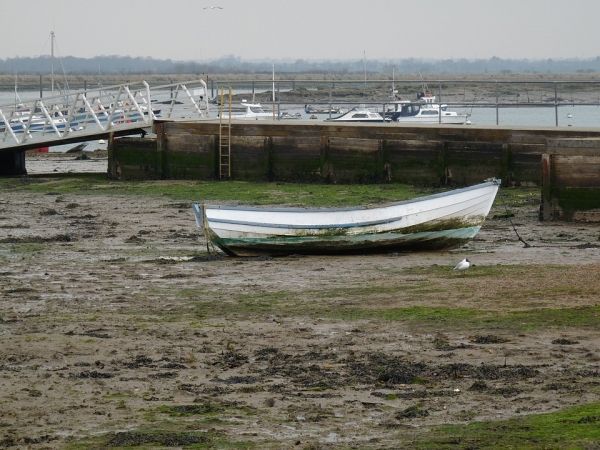Bacteria found in muddy marshes, estuaries and coastal sediment synthesise one of the Earth’s most abundant climate cooling gases – according to new research from the University of East Anglia (UEA).
Dimethylsulfoniopropionate (DMSP) is an important nutrient in marine environments with billions of tonnes produced annually by marine phytoplankton (microscopic plant-like cells), seaweed, corals and bacteria.
When marine microorganisms break down DMSP, they release a climate-cooling gas called dimethylsulfide (DMS), which also gives the seaside its characteristic smell. Until recently, it was thought that DMSP was mainly produced in the ocean’s surface waters by photosynthetic algae.
But new research published today in Nature Microbiology reveals that it the molecule is produced in coastal sediment – and at much higher levels than in seawater.
Read more at University of East Anglia
Photo Credit: suezword5 via Pixabay


